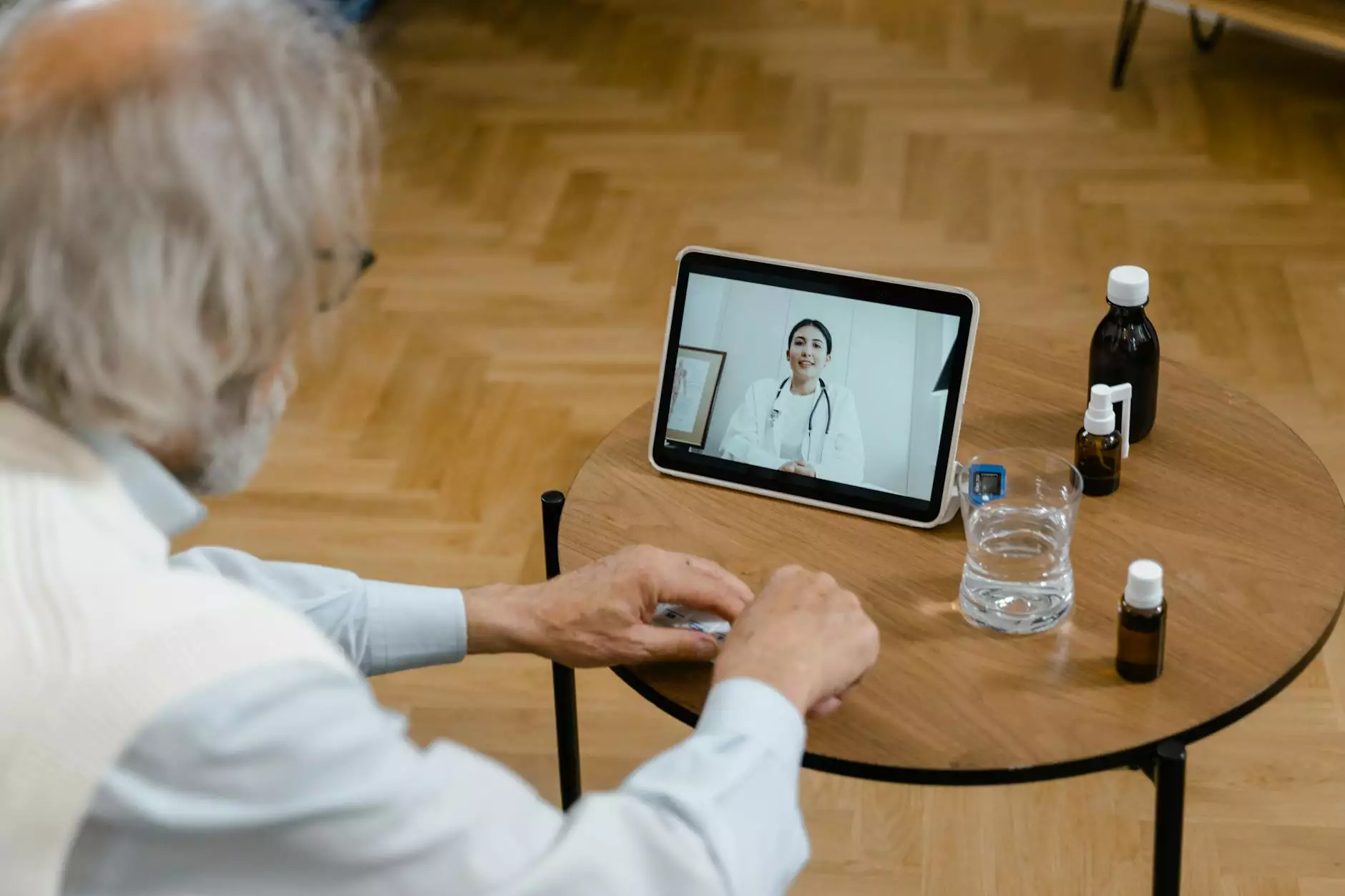The Importance Of Digitalization In Healthcare
Health
Introduction
Welcome to Ageless Wisdom Magazine, your reliable source for insightful articles and information related to various aspects of life. In this article, we explore the significance of digitalization in healthcare and its transformative impact on the industry.
Understanding Digitalization in Healthcare
Digitalization in healthcare refers to the integration of digital technologies and processes to enhance the delivery of medical services, patient care, and overall healthcare system efficiency. This encompassing trend aims to streamline operations, improve diagnostics, increase accessibility, and foster better patient-doctor communication.
The Impact of Digitalization on Healthcare
1. Improved Efficiency and Accessibility
Digitalization enables healthcare providers to streamline administrative tasks, automate processes, and reduce the burden of paperwork. By implementing electronic health records (EHRs), healthcare professionals can easily access and update patient information, enhancing the speed and accuracy of diagnoses and treatments.
Furthermore, digitalization enhances the accessibility of healthcare services, especially for individuals living in remote areas or with limited mobility. Telemedicine, for instance, enables patients to consult with healthcare professionals remotely, minimizing the need for in-person visits and overcoming geographical barriers.
2. Enhancing Diagnostic Accuracy
Digitalization has revolutionized diagnostic methods through advanced medical imaging technologies, such as Magnetic Resonance Imaging (MRI), Computed Tomography (CT), and Ultrasound. These advanced imaging techniques offer detailed insights into the body's internal structures, aiding in the early detection and accurate diagnosis of various medical conditions.
Additionally, digital pathology allows for the seamless sharing and analysis of tissue samples, promoting collaboration among medical professionals and facilitating accurate diagnoses.
3. Empowering Patient Engagement
Digitalization empowers patients by enabling them to access their medical records, appointments, and test results online. Patients can also actively participate in managing their health through wearable devices that track vital signs, physical activity, sleep patterns, and more.
Moreover, digital platforms and health applications provide individuals with valuable health-related information, allowing them to make informed decisions regarding their well-being and preventive measures.
4. Facilitating Research and Innovation
With digitalization, enormous volumes of healthcare data are generated and can be analyzed to derive insights, patterns, and trends. This data-driven approach fuels medical research, enabling scientists and innovators to develop groundbreaking treatments, drugs, and preventive interventions.
Furthermore, digital platforms facilitate collaboration among researchers worldwide, accelerating knowledge sharing and advancements in medical science.
Future Directions and Challenges
The future of healthcare lies in embracing and optimizing the potential of digitalization. However, certain challenges need to be addressed, such as data security, privacy concerns, and ensuring equitable access for all individuals.
Technologies like Artificial Intelligence (AI), Internet of Things (IoT), and Blockchain hold tremendous promise in revolutionizing healthcare further by enhancing diagnostics, enabling personalized medicine, and improving decision-making processes.
Conclusion
In conclusion, digitalization in healthcare has become a game-changer, transforming the industry and benefiting both healthcare providers and patients. Ageless Wisdom Magazine is committed to continually providing comprehensive insights and valuable information on the importance of digitalization in healthcare and its profound impact on the Lifestyle category.




